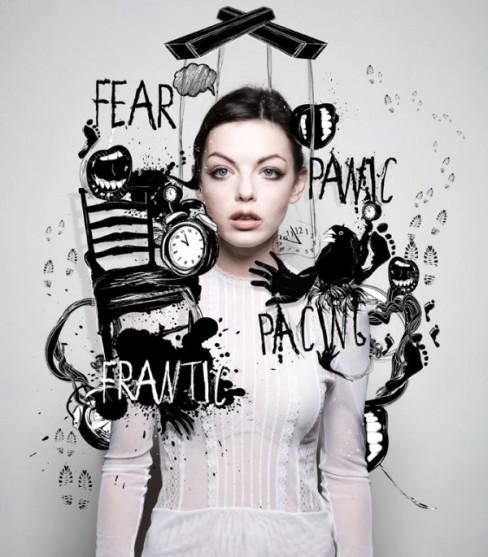Is there anyone you’re blaming for something? What are you blaming yourself for? Write a list if it helps. As a Relate-trained couples counsellor, I learned about marital ‘fits’– when two people get together because consciously, and/or unconsciously, they ‘recognise’ each other, perhaps even before they know whether they take sugar in their tea.
Blamers and blamees tend to be subconsciously attracted to each other. Why wouldn’t they be? It suits a blamer to have someone on whom he or she can blame everything that goes wrong – and it fits in with the blamee, who is (unconsciously) used to taking the blame for everything that’s not right. It’s neat and tidy on the surface, but a horrendous mess underneath.
The root of the behaviour, for both Blamers and Blamees (B&Bs from now on), will undoubtedly go back to their upbringing. And, with a bit of detective work, it doesn’t take long to locate the problem.
Until recently, I fell into the blamee category. If something was wrong, then it must be my fault. I can see where it started but at last I know it in my heart, as well as in my head. A tragic fact of life is that children often blame themselves when their parents split up, unless it is handled with intelligence, knowledge and great sensitivity. My father left the family home when I was two years old and, up until that time, he’d been a doting parent. One minute, he was there and I had a safe, loving and secure home, then, suddenly, he was gone.
Sadly, he wasn’t good at visiting and then, when I was six years old, my little brother and I were sent to live with him and his new family for a year because our mother was ill. We barely knew him when we arrived, and I was traumatised over being separated from my mother. I’d lost one parent at the age of two, and had to go through it again at the age of six.
When I knew that my brother and I were finally going home to Mum, I was blissfully happy. However, I didn’t want Dad to know that, because I couldn’t bear to hurt his feelings. I realise now that I protected my parents from my anger. As an innocent child, who was given no proper explanation for these abandonments, it had to be my fault! If you lose one parent, and then another, in an insecure child’s world, what other reason could there possibly be?
Time to break free
I feel sad for the children who are still blaming themselves for their parents’ mistakes. Blamees will have low self-worth; they will always feel that they are not good enough and they will often feel downright bad. None of these are good ingredients in relationships.
I find that people who take the blame for everything are often highly sensitive and have a tendency to be overly responsible. It’s an exhausting way to live: heaping layer upon layer of blame upon themselves. Blamees carry so much unnecessary heavy baggage around with them.

On the other hand, many blamers have also been traumatised as children – but they choose the flip side of the coin to express it. Blamers may struggle to accept certain things that have happened in their lives. It’s simply too scary for them to look at themselves, so it has to be someone else’s fault. They can’t admit their failures and haven’t learned to take responsibility for their actions. They are self-appointed ‘victims’ of other people’s behaviour, and they often feel helpless and out of control.
Both B&Bs may have emotional neglect in their backgrounds but the way forward is to acknowledge this, as uncomfortable as it may be to face it, and make the decision that, as an adult, you will choose to treat yourself with love and care. No more neglect. 
Blamers need to take back their projections, and see the benefits of taking their fair share of responsibility. The next time they find themselves blaming someone else, they should try to remember that they will get so much more from calming down, and assessing they self
: ‘To be free people, we must assume total responsibility for ourselves but, in doing so, we must possess the capacity to reject responsibility that is not truly ours....M Scott Peck says in Meditations From The Road
Hi! I am a robot. I just upvoted you! I found similar content that readers might be interested in:
https://www.psychologies.co.uk/blame-game
Downvoting a post can decrease pending rewards and make it less visible. Common reasons:
Submit